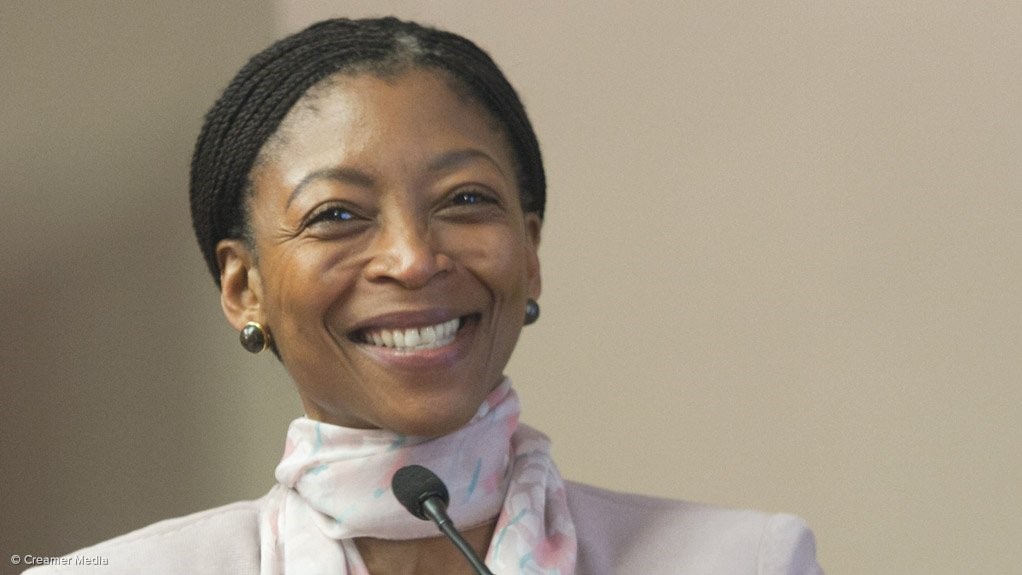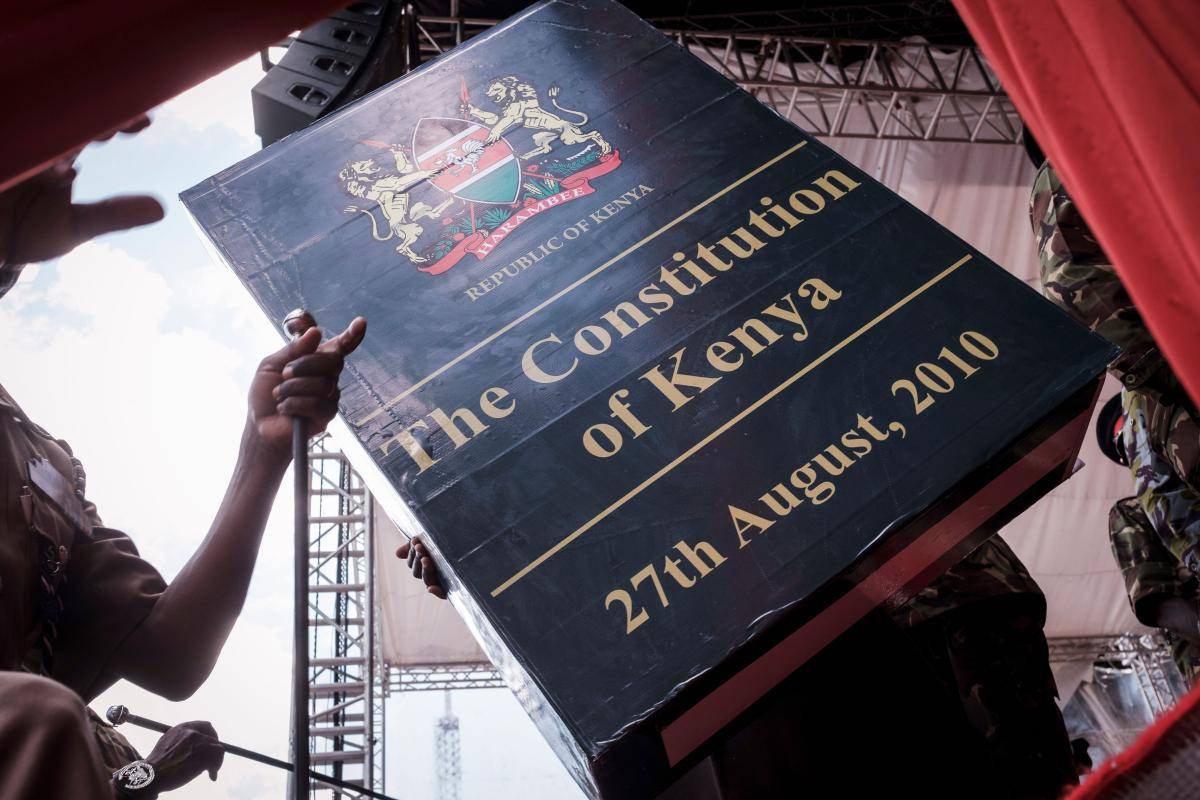A group of European Union, EU, parliamentarians have asked the European Commission to open negotiations with Ivory Coast and Ghana to address low cocoa prices, it said in a letter.
The two West African countries, which produce more than 60% of the world’s cocoa, called on the EU earlier this year to join them in creating an economic pact that would ensure cocoa farmers earn a living wage.
Most cocoa farmers in these countries live in extreme poverty, earning well under $1 a day, said a letter signed by members of the Responsible Business Conduct Working Group of the European Parliament.
Low prices paid for cocoa are a key driver of deforestation and child labour in the sector, which concerns the EU as it seeks to prevent imports of commodities linked to environmental and human rights abuses.
“We urge the Commission to rapidly engage in formal negotiations with Cote d’Ivoire and Ghana governments to reach an Economic Pact for Sustainable Cocoa,” said the letter dated April 27.
The pact would entail an agreement between all parties on how to resolve the low price of cocoa and manage cocoa supply to prevent market shocks.
An EU Commission spokesperson did not immediately respond to a request for comment.
The EU is the leading destination for Ivorian cocoa, accounting for about 67% of the country’s exports.
But a newly proposed EU law could force cocoa traders to drop some suppliers because they use unethical practices.
“Given the environmental and social provisions implemented by the EU and many other countries in terms of regulations, and ‘Economic Pact’ is now necessary… to satisfy the first condition of sustainability,” said Alex Assanvo, head of the Ivory Coast-Ghana Cocoa Initiative, set up by both governments.
Both countries in 2019 imposed a “living income” premium on all cocoa purchases to raise farmers’ wages, but they said last year that traders were not paying it.


